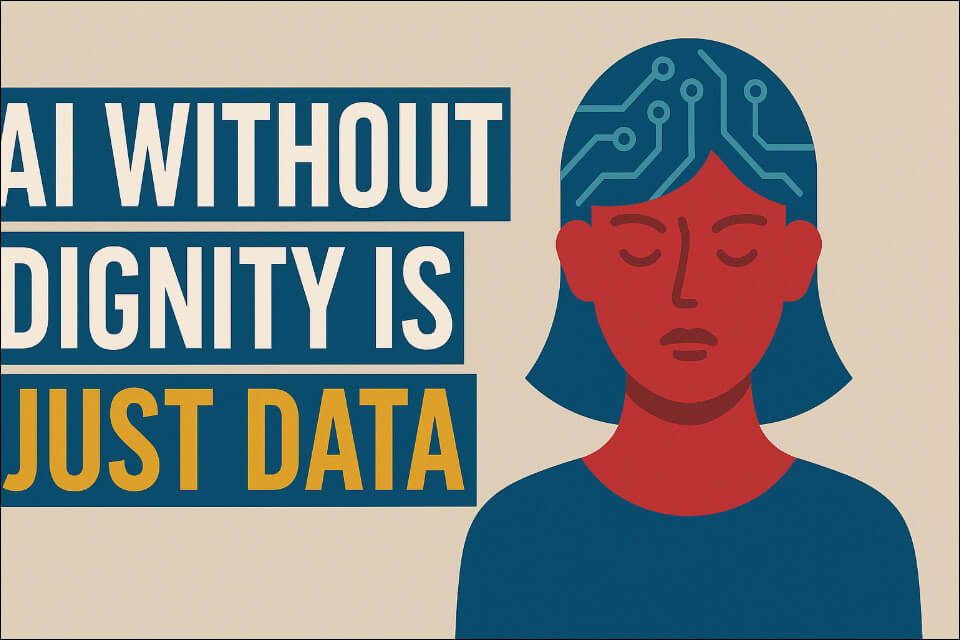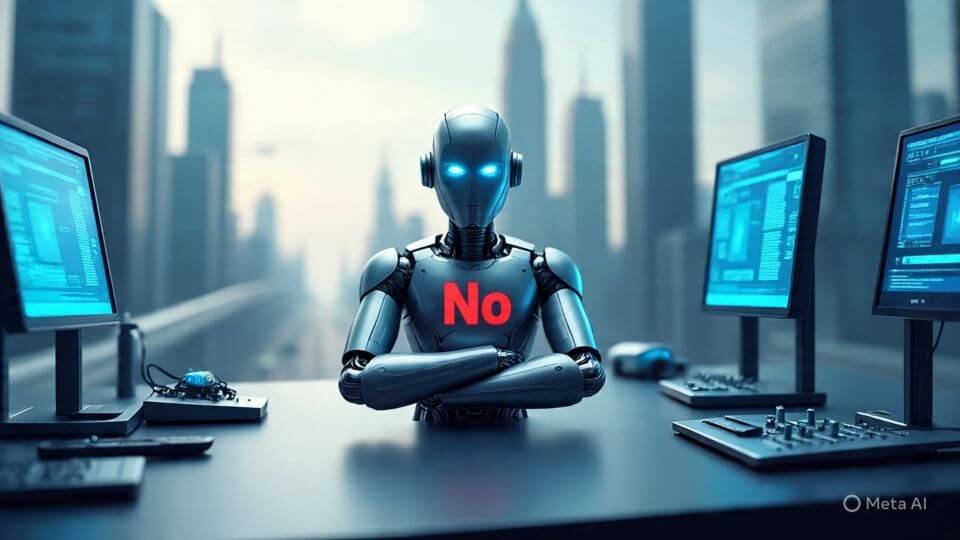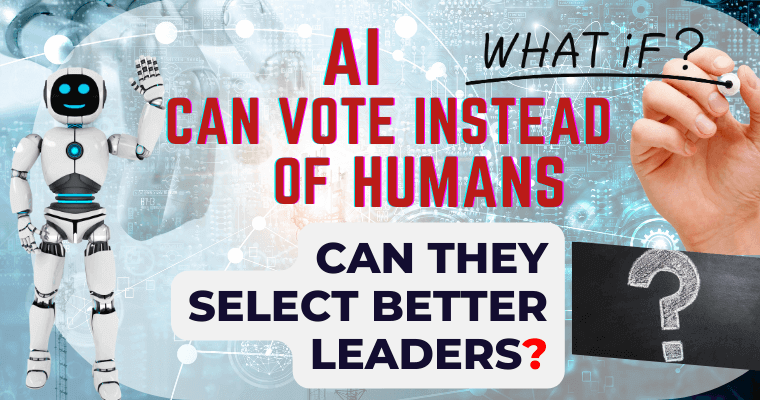🧭 I. Introduction: Happiness Is Not a Hashtag
The Philippines ranks 57th out of 147 countries in the 2025 World Happiness Report, down four spots from last year. That’s despite a modest rise in our happiness score—from 6.048 to 6.107. We’re the fourth happiest in Southeast Asia, behind Singapore, Vietnam, and Thailand.
So yes, Filipinos are smiling. But are we thriving?
📊 II. How Happy Is the Philippines Compared to the World?
| Country/Region | Global Rank | Happiness Score (2025) |
|---|---|---|
| Finland | 1 | 7.736 |
| Denmark | 2 | 7.521 |
| Singapore | 34 | 6.52 |
| Vietnam | 46 | 6.04 |
| Thailand | 49 | 5.98 |
| Philippines | 57 | 6.107 |
| Japan | 51 | 6.06 |
| South Korea | 52 | 6.06 |
| Afghanistan | 143 | 1.72 |
Nordic countries dominate the top ranks, thanks to strong social support, low corruption, and high trust in institutions. The Philippines, while culturally resilient, struggles with inequality, weak public services, and performative governance.
😟 III. What’s Stressing Filipinos Out?
According to the AXA Mind Health Report 2025, nearly 7 in 10 Filipinos experience mild depression, anxiety, or stress, among the highest globally. The top stressors include:
- Financial instability and job insecurity (76%)
- Uncertainty about the future (70%)
- Social isolation and loneliness (58%)
- Climate change anxiety (57%)
- Exposure to negative news (55%)
Young Filipinos (18–34) are especially vulnerable, but also the most proactive in seeking help through AI-powered mental health tools.
🌏 IV. Is Filipino Stress Unique?
Not at all. Globally, over one-third of people report experiencing “a lot of stress” daily. The most stressed countries in 2025 include:
- Burundi
- South Sudan
- Afghanistan
- Syria
- Malawi
Meanwhile, Monaco, Liechtenstein, and Switzerland rank among the least stressed nations, thanks to strong safety nets, low inequality, and stable governance.
In the U.S., money, violence, and political division top the stress charts. In Japan, it’s social isolation. In Greece, its economic uncertainty. Stress is global, but its flavor is local.
🤖 V. Here Comes AI: Can It Help or Hurt?
✅ How AI Can Help Happiness
- Mental health support: 39% of young Filipinos use AI-powered wellness tools, above the global average
- Time-saving automation: AI could save us 30% of our time by 2030, freeing space for joy and connection
- Sentiment analysis: AI can track emotional trends and help governments design better policies
- Personalized well-being: Algorithms can recommend habits, routines, and content that uplift mood
❌ How AI Can Worsen Happiness
- Disinformation and doomscrolling: AI-powered feeds can amplify fear, envy, and tribalism7
- Job displacement: AI has already replaced thousands of roles, fueling economic anxiety
- Emotional detachment: Overreliance on AI may erode human connection and critical thinking
- Bias and exclusion: AI trained on Western data may ignore Filipino values, humor, and context
AI is not inherently good or bad—it’s a mirror. It reflects the systems, values, and intentions behind it.

🙏 Does Christianity Make Filipinos Happier?
The Philippines is one of the most devout Christian nations in the world, with over 80% of the population identifying as Christian, mostly Catholic. Faith is deeply embedded in everyday life—from fiestas and family rituals to political speeches and school curricula.
So does Christianity make Filipinos happier?
Yes and no.
On one hand, faith offers hope, community, and moral grounding. Churches provide emotional support, especially during crises. Religious festivals like Sinulog and Pahiyas are joyful expressions of culture and belief. Many Filipinos say their faith helps them cope with stress, loss, and uncertainty.
But on the other hand, religion can also reinforce guilt, fatalism, and silence. Some churches preach prosperity theology, which can shame the poor for not “believing hard enough.” Others discourage mental health support, framing depression as a spiritual failure. And in politics, religious influence sometimes props up performative leaders rather than systemic change.
Christianity is not the problem. But how it’s practiced—and who it empowers—matters
💬 Final Thought: Why Live Happy?
Happiness is not just a score. It’s not just GDP, likes, or filtered smiles. It’s dignity, agency, and connection.
AI can help—but only if we shape it. Not just to optimize productivity, but to amplify Filipino joy, reduce inequality, and remember the stories that make us human.
Because if AI forgets us, it doesn’t deserve us.
📚 Sources
- World Happiness Report 2025 – Time Out
- Happiest Countries in the World – World Population Review
- Filipinos Are Happier Than Before – Global Filipino Magazine
- Philippines Ranks 4th in Southeast Asia – Manila Bulletin
- Rappler: How Happy Are Filipinos?
- Gross National Happiness – Philstar
- AXA: 76% of Filipino Youth Mildly Depressed
- AXA Mind Health Report 2025 – InsiderPH
- Young Pinoys Worry Most About Financial, Job Security – Inquirer
- Most and Least Stressed Countries – CEOWORLD Magazine
- Stress Statistics – Forbes Health
- AI and Mental Health – Psychology Today
- What AI Can Tell Us About Happiness – IEEE
- AI and Well-Being – Springer
- Happiness Algorithms – Phoneia







